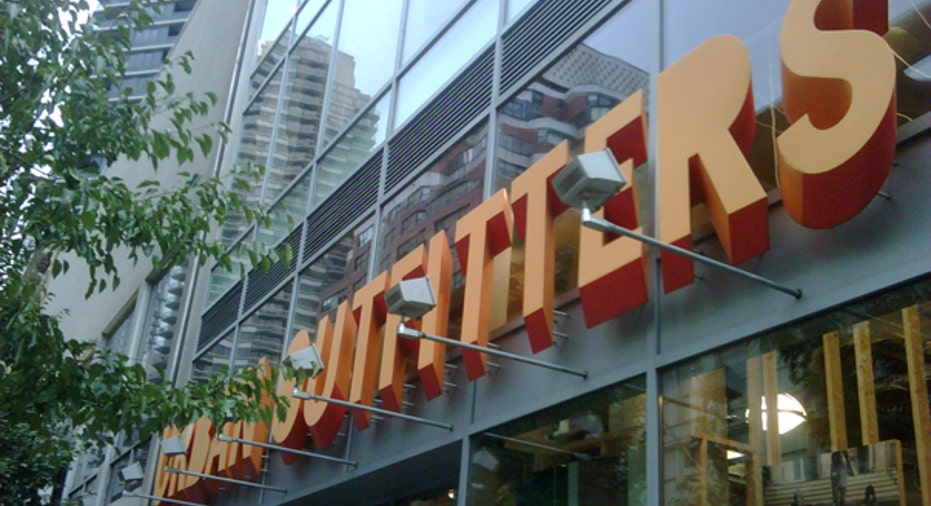Is Fan Sourcing the Future of Customer Service?

If you sell online and want to delight your customers, increase conversion rates and lower your costs, don't turn shoppers over to an anonymous customer-service operator when they want more information about your products. Try fan sourcing. It works for the e-commerce operations of household names such as Under Armour, Skull Candy and Urban Outfitters.
Fan sourcing is all about connecting consumers with fans who are knowledgeable and passionate about the products online shoppers are interested in. Since they're already enthusiastic product users, they can provide the kind of hands-on perspective that hired guns in a call center can never deliver.
One of the pioneers in fan sourcing for e-commerce sites is Needle, a Salt Lake City startup. The company recruits people who are fans of a company's products and services and provides them online sales chat and video tools.
They then become "Needlers" for that company and engage in chats with potential customers who want more information, which includes answering and asking questions and making recommendations.
For the customer, it's like talking to a friend or colleague about why they would recommend a certain item from a brand's lineup. It's about bringing the personal interaction and intimacy of shopping in a store online, the company says.
The customer gets advice from an actual user of the products or services and the Needlers get paid an hourly rate plus points toward the products of the company they represent. They also get the opportunity to get an advance look at a company's new products and pick their hours and place of work.
"We take the fans of a product or service and make them even more excited," Morgan Lynch, Needle's founder, told BusinessNewsDaily. "It's a virtuous cycle."
Needle uses technology to follow a shopper on a Web page. At a predetermined point, Lynch said, a banner appears on the page offering the consumer the option of chatting and presenting a lineup of available experts with their pictures and profiles.
Rachel H., a fan of Under Armour, for example, is described as a personal trainer who competes in triathlons and has used UA gear for four years.
"These are people you'd never find in a call center," Lynch said.
Lynch is no stranger to the crowd-sourcing model. He sold his previous company, Logoworks, a design service that developed one of the earliest distributed workforces, to HP in 2007.
The idea for fan sourcing came to Lynch when he was shopping online for a triathlon wetsuit, but was stymied by his lack of knowledge. He realized there were dozens of triathlon experts to be found online who would have loved to share their knowledge with him, but he had no way to access them in real time. From his experience with Logoworks he knew he could find the right people, get them motivated an enable them to work from the cloud.
Needle offers companies a variety of options, from licensing the Needle tools and using their own staff to having Needle provide the complete suite of tools and people to handle the entire fan-sourcing process.
There's an immediate cost savings, Lynch said. If Needle handles the entire operation, each personal interaction costs between $2.50 and $5. By contrast, the cost per chat for most companies that use call-center staff is $4 to $6; handling a phone query costs between $6 and $10, Lynch said.
Each chat lasts between six and eight minutes, Lynch said.
But the real payoff shows up in conversion rates. Normally, only 1 percent to 5 percent of e-commerce site visitors make a purchase, but that figure jumps to 20 percent to 30 percent when a visitor engages in a chat with a Needle fan, Lynch said.
"This is how things will be happening five years from now," he said. "It's social commerce versus customer service. It's the future."
Reach BusinessNewsDaily senior writer Ned Smith at nsmith@techmedianetwork.com. Follow him on Twitter @nedbsmith.
Copyright 2012 BusinessNewsDaily, a TechMediaNetwork company. All rights reserved. This material may not be published, broadcast, rewritten or redistributed.
Read more from BusinessNewsDaily:



















